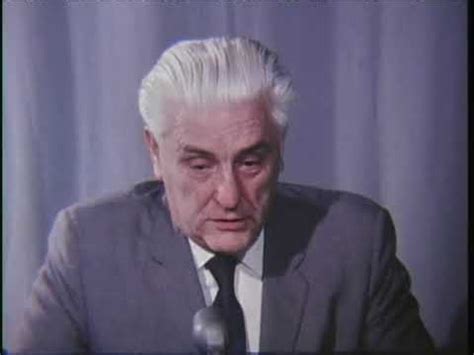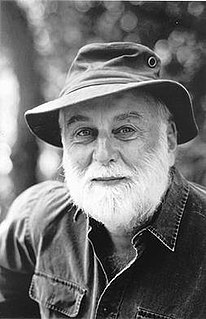A Quote by Eckhart Tolle
That in you which recognizes madness as madness (even if it is your own) is sanity, is the arising awareness, is the end of insanity.
Related Quotes
The constitution of madness as a mental illness, at the end of the eighteenth century, affords the evidence of a broken dialogue, posits the separation as already effected, and thrusts into oblivion all those stammered, imperfect words without fixed syntax in which the exchange between madness and reason was made. The language of psychiatry, which is a monologue of reason about madness, has been established only on the basis of such a silence.
Because we are limited in our knowledge, even the sanest of us are slightly insane. Our limitations are a kind of madness, and we can only choose to deny we are mad, and so descend into a dark spiral of total insanity, or accept we are mad and embark on a quest to regain our true and wholesome sanity
Madness, provided it comes as the gift of heaven, is the channel by which we receive the greatest blessings... the men of old who gave things their names saw no disgrace or reproach in madness; otherwise they would not have connected it with the name of the noblest of arts, the art of discerning the future, and called it the manic art... So, according to the evidence provided by our ancestors, madness is a nobler thing than sober sense... madness comes from God, whereas sober sense is merely human.


































